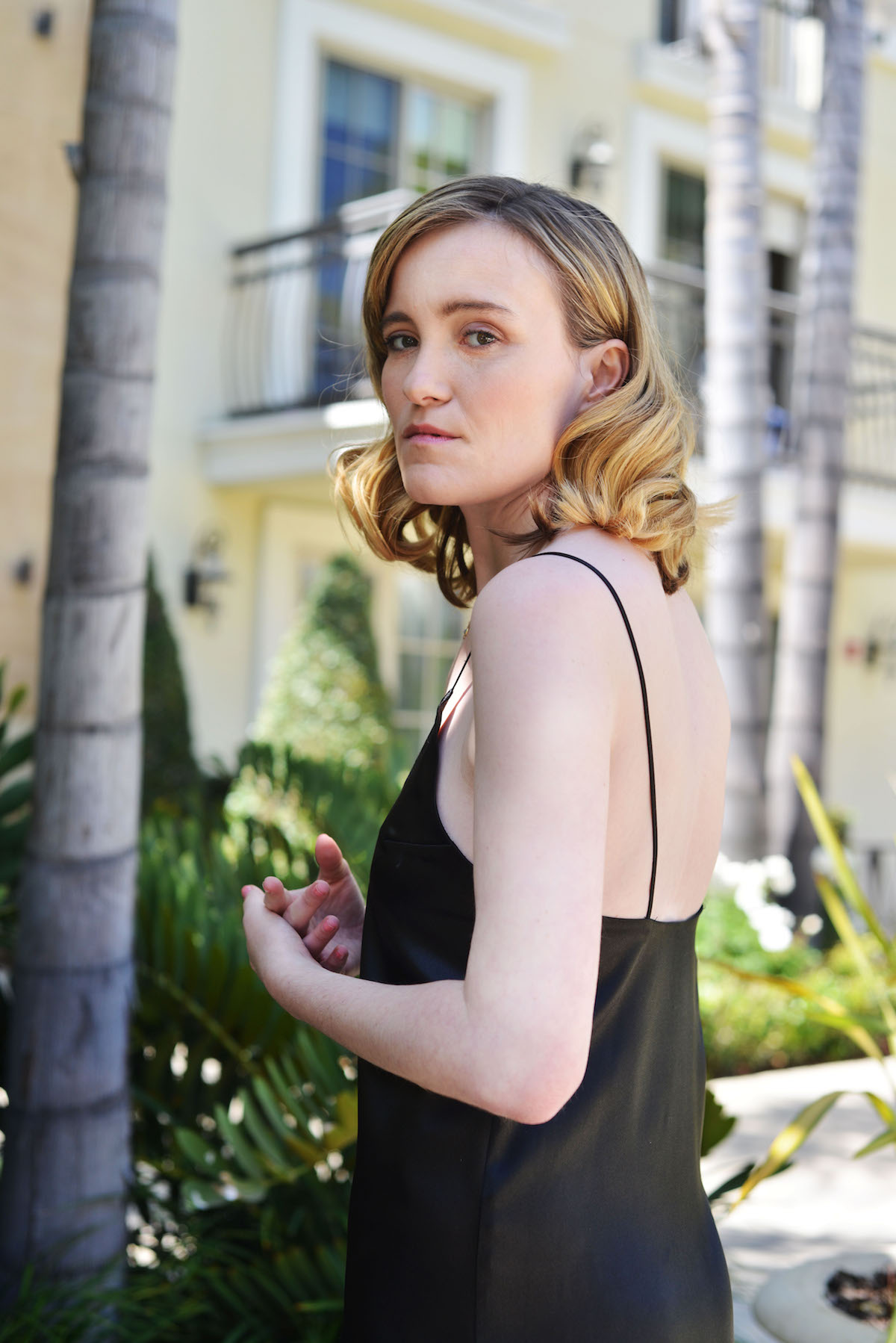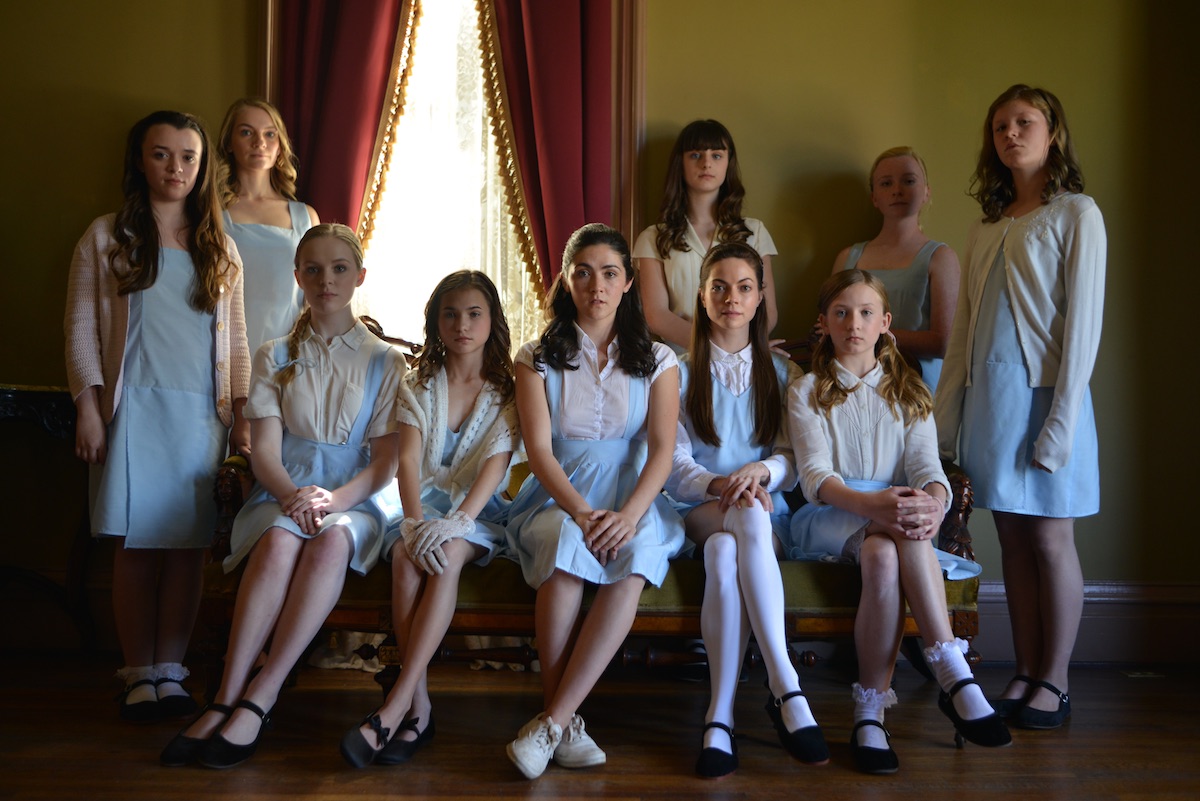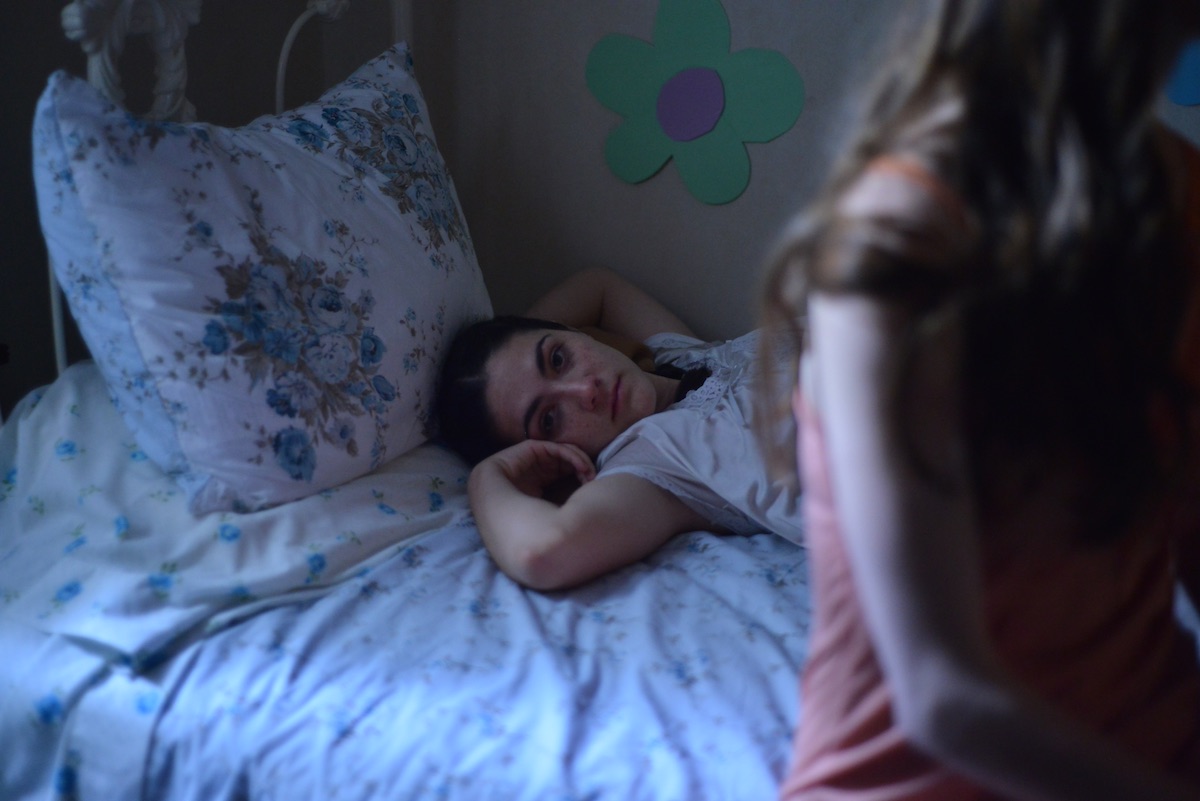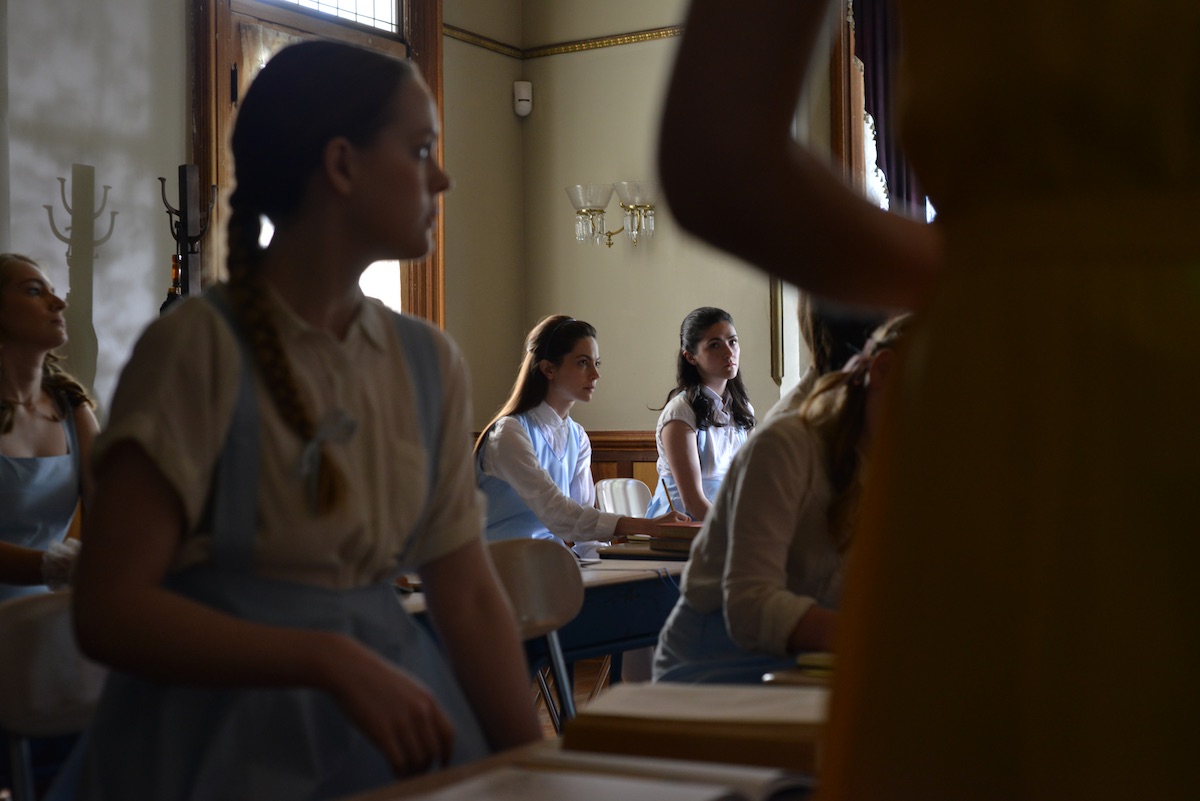The Delta Girl: An Interview with Filmmaker Jaclyn Bethany
Art — 17.07.18
Interview and Photography by Madeleine Morlet

There is something subtle, yet distinctly southern about Jaclyn Bethany, a native of Jackson, Mississippi. As a recent graduate of the American Film Institute, her body of work includes award-winning shorts and festival favourites. Her most recent film takes place in the Mississippi Delta during the 1960’s and, although a work of fiction, it is a deliberate nod to her own origins. The film follows Magnolia, a young woman who observes a horrifying act of violence committed by her brother towards a young black man. When he is not held accountable for his actions by their father, the Sheriff, or the community, she is confronted by the ‘face’ of civil fairness, systemic racism, and her own bias. Sadly, despite half a century passing since the Civil Rights Movement, this film is still relevant today as systems of racism remain in many ways unchanged.

Madeleine Morlet: Tell me about The Delta Girl and what brought you to this story?
Jaclyn Bethany: This is a story that I wanted to tell for a long time. It’s about where I am from, a place that has a really violent and disturbing history which I think a lot of people are scared to face, both in Mississippi and in our generation specifically.
How did you approach telling this story?
What I was able to do is tell the story of someone whose perspective is not seen a lot, and that was Magnolia, a seventeen-year-old white girl. She is an outsider in this world who has a confusing, tainted feeling of who she is and what she is supposed to be. I didn’t grow up in the 1960’s, but I felt like there was a lot from my own childhood that I could bring to the film.
Did you witness racism growing up?
Yes, but not to the same extent [as in the film]. Families in my neighbourhood still have black “help.” It is important to acknowledge that there are two separate histories in Mississippi; that is the white history and the black history, and how they are intertwined through violence, which I am acknowledging here as a filmmaker. This was very interesting to me because growing up I never knew anything about the black history, our Civil Rights Museum only opened this past year.

What were you looking to achieve in translating your own experience to your characters?
I had been sheltered in so many ways from the outside world [growing up], and that was something I wanted to bring to this story. Jackson is the capital of Mississippi, but the most impoverished region in America is the Delta. I went there for the first time when I was twenty-three. I had never seen that kind of poverty. I wanted to explore what it was like at that time [the 1960’s], particularly as a young girl with a changing view of society. I don’t think that people shine enough light on these kinds of incidents [such as the central event of The Delta Girl]. Even though our film is fictional, there are countless accounts of similar events that did happen and still do. For example, Magnolia’s father is the Sheriff; the character was inspired by a real Sheriff who led the Neshoba three murders in 1964 but was known as a good man around town. He got off because he was not suspect – he had so much power. In our film, the Sheriff’s son Beau (Magnolia’s brother) is so openly and barbarically racist. You know this has come from somewhere, that’s what is really interesting – what is he hiding?
For me, The Delta Girl is such a successful piece because your lead character Magnolia’s journey is realistic rather than idealised. She isn’t as sophisticated as Delilah (her best friend) in her relationship to racial politics, she is still struggling with her own prejudices, yet she knows that the acts of racism she has witnessed are wrong. Congratulations for making such an accomplished piece.
Thank you, I am really proud of The Delta Girl, and I love what I do. I feel that it is important to look at our own histories and be brave in the stories that we tell.

Single-minded in her approach to directing, Jaclyn has the descriptive flair of a serif font. She can captivate an audience both in front and behind the camera and will be tackling both roles in her first feature film, Indigo Valley, which shoots this August. You can support the film by heading to her Indigo Fundraising page, here.
The Delta Girl will tour festivals throughout 2018.